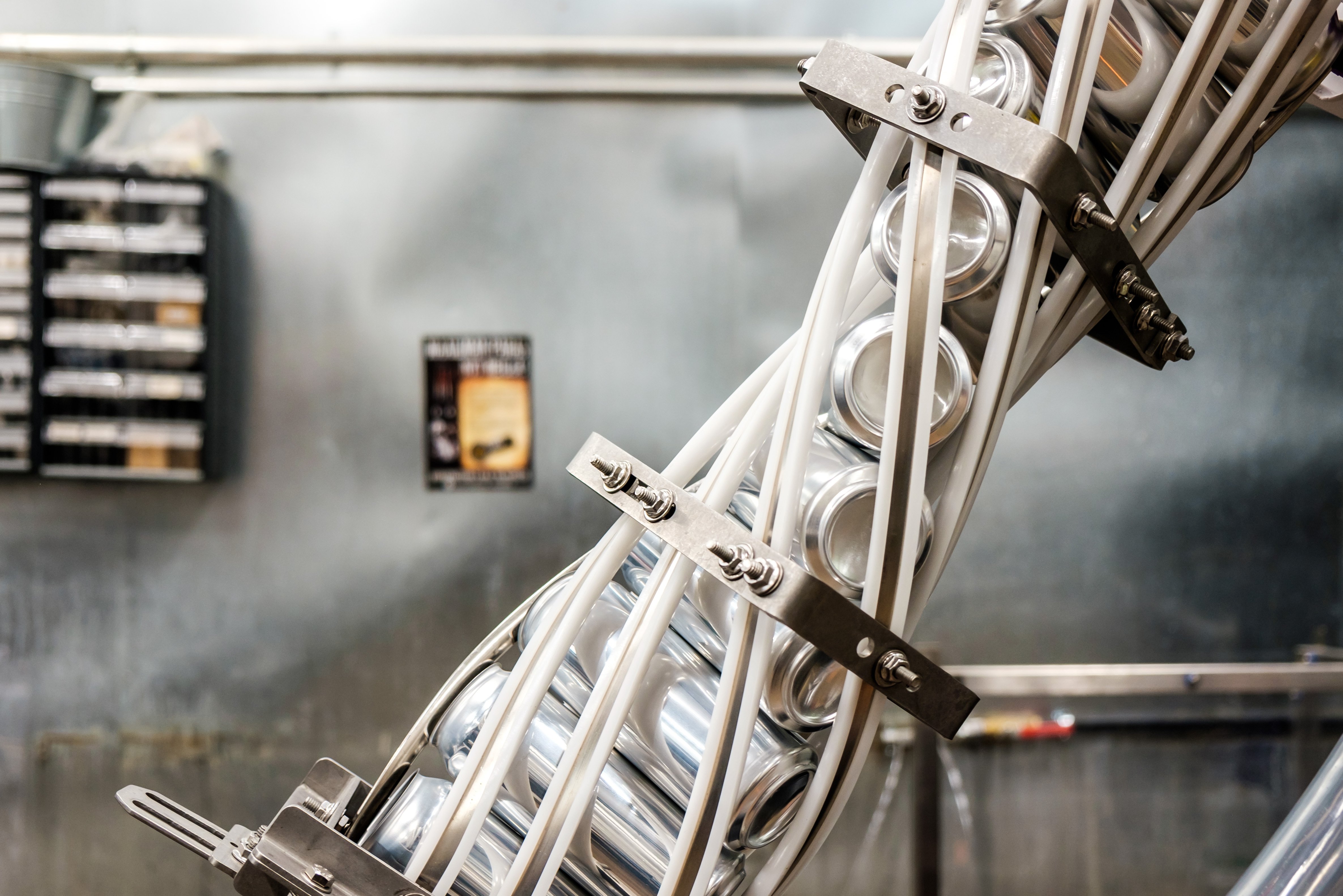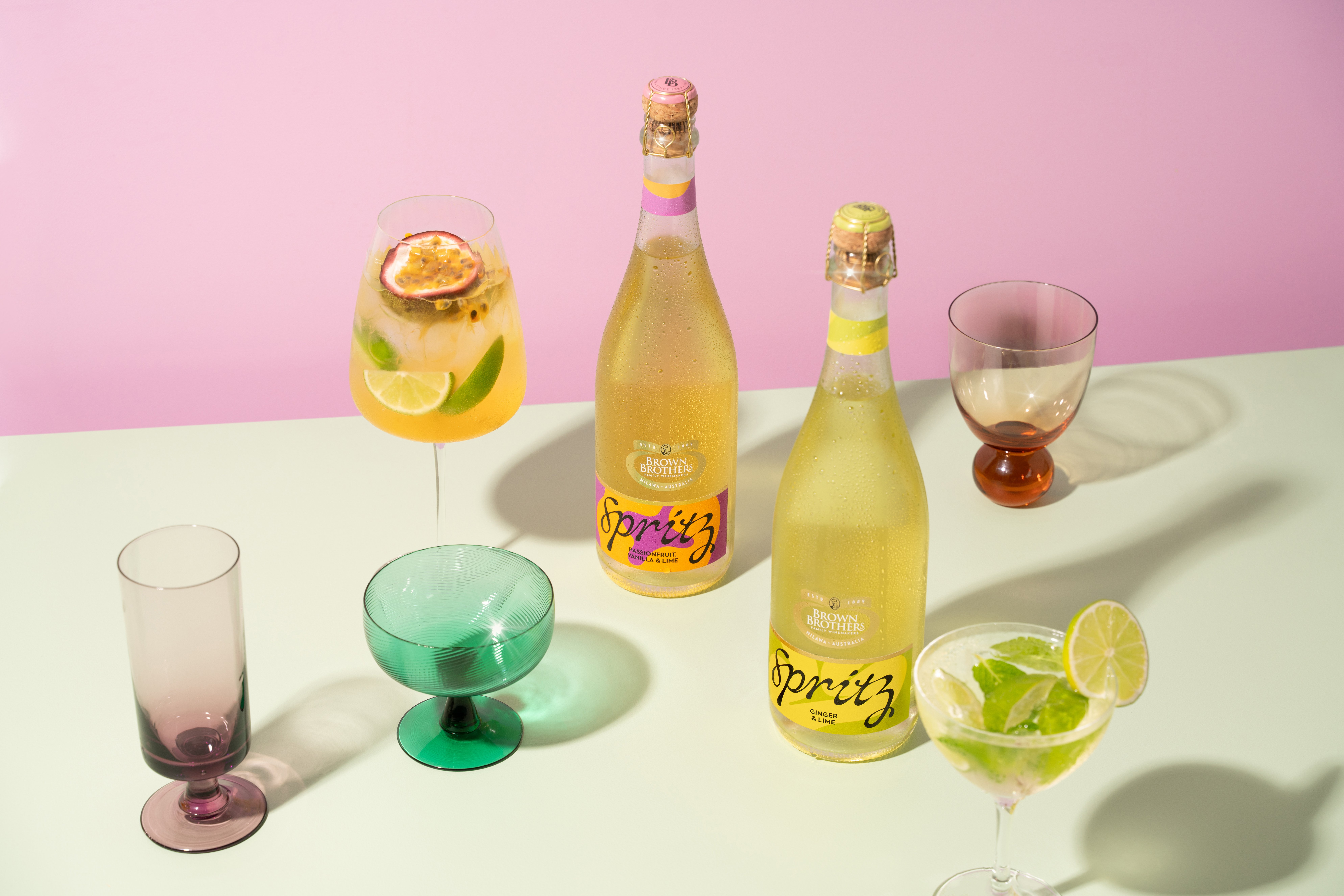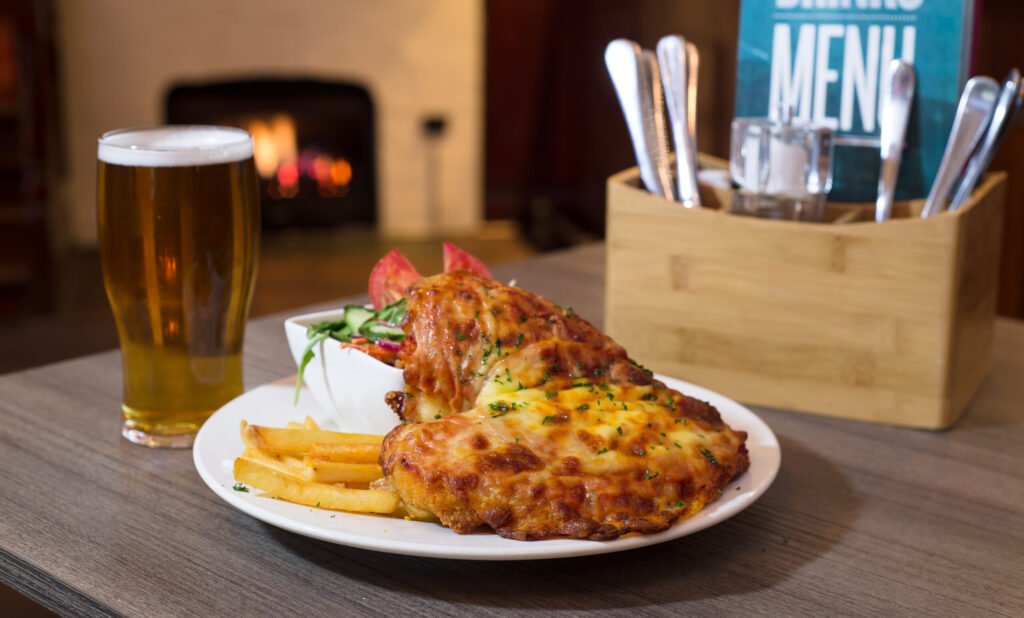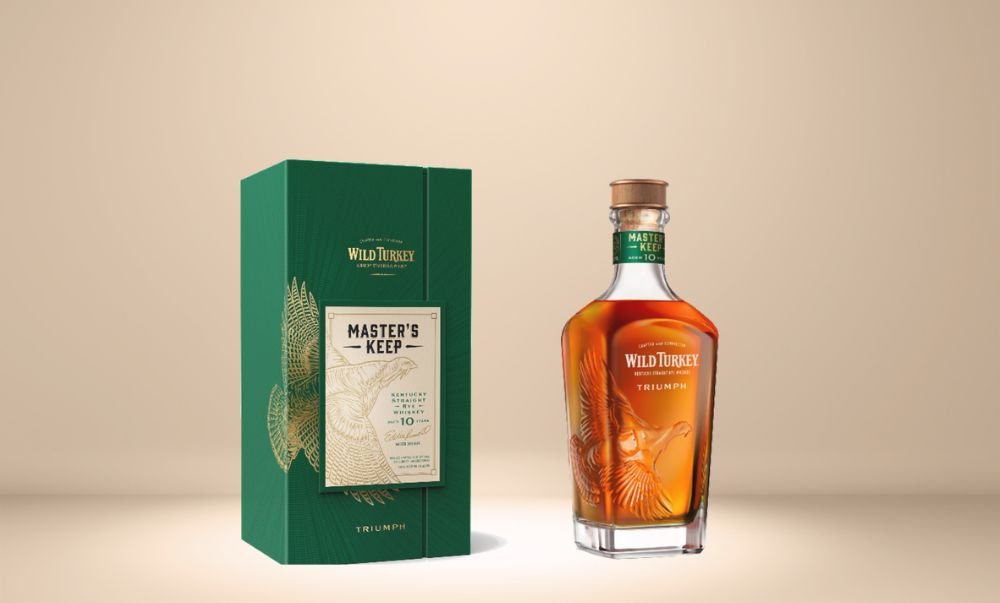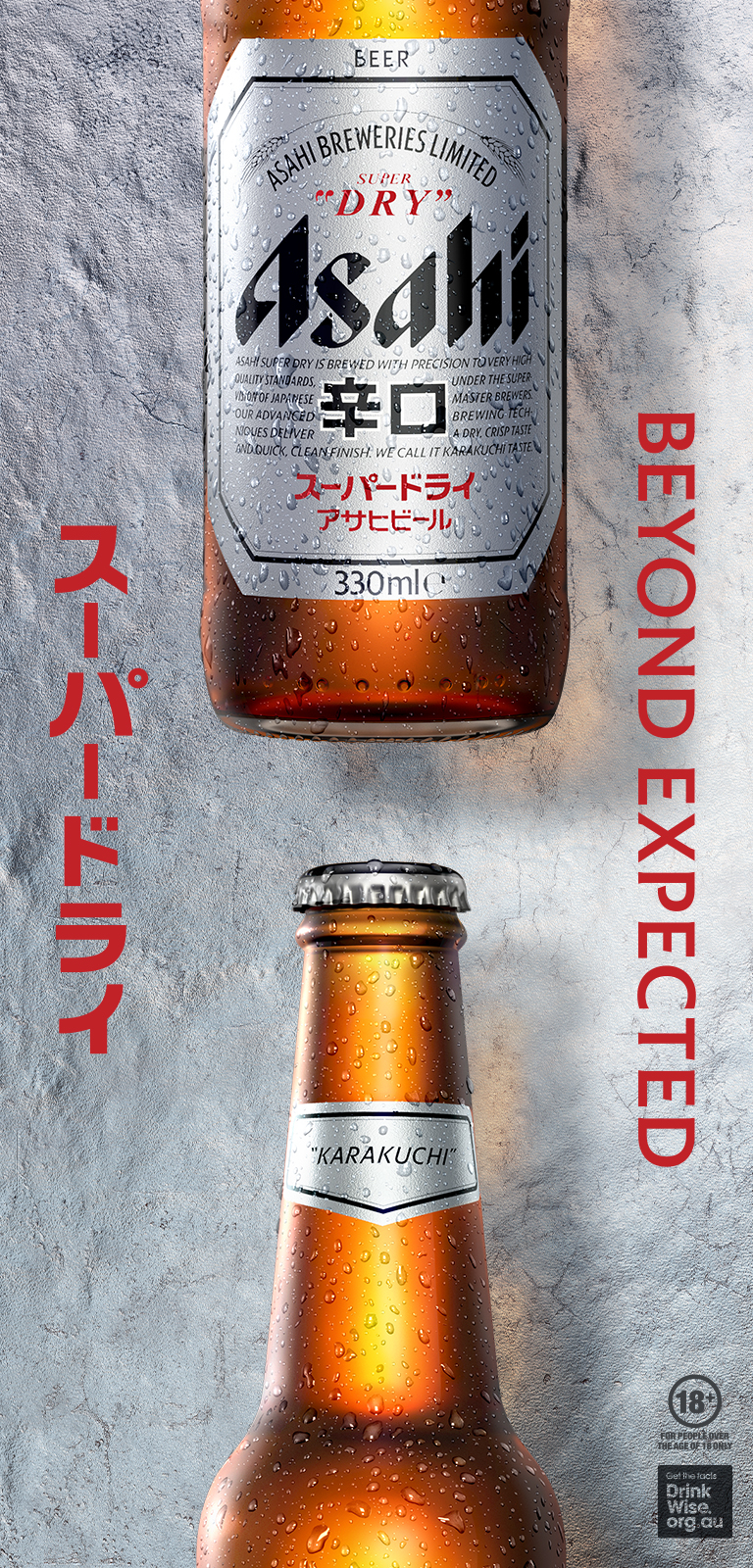As the Australian craft beer industry fights for tax reform, the US is poised to introduce sweeping reforms that will halve the tax brewers pay per keg.
This week, Senate Republicans included an amendment to their tax plan that reduces craft brewers’ excise tax from $US7 per barrel to just $US3.50 per barrel on their first 60,000 barrels.
That drops the craft beer tax rate to 22.6 cents a gallon from around 58 cents a gallon.
“If that amendment … were to become law, it would be monumental for small and independent craft brewers,” Bob Pease, the CEO of the Brewers Association, told Business Insider.
The amendment would also cut excise taxes for bigger brewers from $US18 a barrel to $US16 a barrel.
According to Pease, there was more congressional support for tax reforms that offered benefits to brewers of all sizes.
IBA excise campaign
Independent brewers in Australia paid approximately $74 million in alcohol excise duties in 2015/16, leading the Independent Brewers Association to launched a campaign in July asking the Federal Government for a fairer tax system.
IBA chief Chris McNamara told the Herald Sun that high and complicated excise duty arrangements are hampering the sector’s further growth.
Current excise rates were the key constraint to growth identified by breweries on an industry-wide basis, with 53% of survey respondents identifying this factor.
For example, beer sold in a 30-litre keg, the favoured size by boutique brewers, is charged a higher excise rate than that sold in a 50-litre keg.
The association is pushing the government to simplify the excise regimen on beer and give small brewers similar tax breaks as those granted to wineries.
“That will allow our members to hire more people and invest in building up their business,” McNamara said.
Excise reforms explored in the report
The report points to possible reforms to benefit the industry, such as:
>> Increasing the brewery tax refund, to allow operators to reduce costs and reinvest in their business
>> Indexing the brewery tax refund to ensure the refund aligns with increases in excise rates
>> Extending the excise settlement period to allow business to better manage cash flow
>> Lowering the excise rate on 30 litre kegs, which will improve workplace health and safety outcomes, reduce shipping costs and allow greater flexibility in supplying smaller hospitality venues.
Ministers join the call for action
In June, Federal MP Anthony Albanese introduced a bill to Parliament calling for an update on policy, excise and planning rules to boost the craft brewing industry.
Albanese said: “I do so in support of those Australians who are currently employed by the more than 400 craft brewers around Australia. The craft brewing industry is a job creation powerhouse, but if we get the policy settings right it could generate even more jobs not just in our capital cities but also in our regional communities.
“Craft beer is a quality product; however, the industry has been restricted by outdated planning controls and development approval processes at the state and local levels, and this resolution calls for local and state governments to provide support to the craft brewing sector.
“But the fact is it is also disadvantaged at the federal level by poor legislation related to the excise rates faced by small brewers. Today the rate of the federal excise charged for a keg containing 50 litres of beer is less than the rate charged for a keg containing 30 litres.
“In addition to this, a maximum tax rebate a brewery can receive per calendar year is $30,000, which compares unfavourably to the wine industry’s producer rebate of some $500,000.
“These anomalies put Australia’s craft beer brewers at a competitive disadvantage against mass produced beers. With excise making up approximately 40% of operating costs for most craft breweries in Australia, this has to change.
“If the government is serious about supporting small business in Australia then it needs to get serious about changing the legislation to help our brewers. Despite the obstacles faced by the industry it continues to expand, and the type of kick-on employment that the sector supports, such as boutique hops growers, is vital to a healthy and diverse national economy.
“With proper support from the federal government, the potential for growth is enormous. Already, major regional centres, like Ballarat, Wagga Wagga, the Hunter, the Illawarra and in Tasmania—including Scottsdale, where I visited the brewery there—have seen growth in local jobs, with people being employed and local communities being able to gather.
“I certainly have respect for the resilience and success of the craft beer-brewing industry. I have respect for the sector’s contribution to the national economy. And I have respect for the fact that local breweries employ local people.”
Share the content


